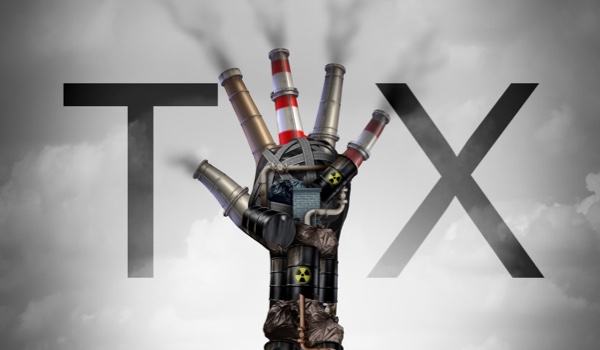


FAIRFIELD COUNTY, CONNECTICUT - President Joe Biden’s administration has officially ended the national health emergency in the United States, allowing the remaining pandemic restrictions to expire on May 11. Other countries have already taken similar steps, and more are expected to follow suit. With the World Health Organization no longer considering COVID-19 a global health emergency, it seems that the virus and its massive death toll will soon fade from memory, along with N95 masks and PCR tests. However, this is problematic: Such collective forgetting jeopardizes efforts to secure consistent funding for public health.
Humans’ ability to forget something as catastrophic as a pandemic is partly a coping mechanism, reflecting the emotional immune system that enables people to move on with their daily lives. As devastating as the pandemic’s social and economic impact has been, it has left an indelible mark on only a small subset of the population - including survivors of lost loved ones, health professionals and other frontline workers, the immunocompromised, and those experiencing long COVID or other related health issues.
While tragic events often inspire people to pursue reform, people’s willingness to act is often short-lived, which makes it difficult to affect lasting change. This pattern is particularly evident in the news coverage and Google search trends that follow tragedies such as mass shootings, tsunamis, and earthquakes: There is typically an initial surge of interest, but this gradually fades over time.
To create and retain memories, the human brain undergoes a com
The content herein is subject to copyright by Project Syndicate. All rights reserved. The content of the services is owned or licensed to The Yuan. The copying or storing of any content for anything other than personal use is expressly prohibited without prior written permission from The Yuan, or the copyright holder identified in the copyright notice contained in the content. Continue with Linkedin
Continue with Linkedin
 Continue with Google
Continue with Google










 1451 views
1451 views







